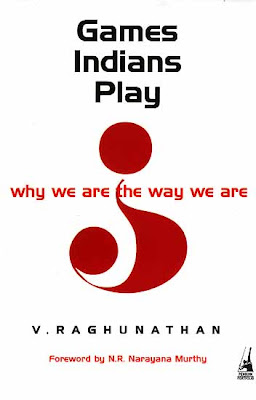The Human Resources (HR) function: Asset or Liability?
Very recently I got a chance to read the book ‘WINNING’ by Jack Welch (ex-CEO of GE) and he has mentioned that the HR function should be given the importance of a Vice-President (VP) and HR function is next to the Chief-Financial-Officer (CFO) in the company’s priority list. This information confused me even more and the question ‘What exactly is the role of HR in the knowledge industry? ‘After talking to some of my mentors and senior people in the tech industry I got some clarification and sharing my learning’s in this blog.
Basically the concept of ‘HR’ gained more importance during the manufacturing era (During 17th and 18th century) where the objective of the organization is to get maximum amount of work done from the employees by ‘physically’ making them present and make them work them for long hours. The role of ‘Supervisor’ was defined as a person who gets the job done from the ‘shop-floor’ level employees and the ‘people-function’ was not under the charter of the ‘Supervisor’. So organization needed a function which will address people’s concerns and the HR department was created. This function played a very important role during that era as they were interacting with employees directly. This is why Jack Welch gives so much of importance to this function as he belongs more to the ‘Manufacturing’ era.
In the knowledge era (20th century) the idea of ‘Supervisor’ is slightly changed. Even though the objective of supervisors is to get the job done, this needs to be achieved by making the employees ‘Mentally’ work more for the organization. This is one of the most challenging tasks as ‘Convincing’ human brain and ‘Enabling’ it to perform is one of the toughest things in the earth as human brain is totally unpredictable. So the terminology called ‘Supervisor’ is changed to ‘People Managers’ (Or Project Managers) and the people functionality is integrated with the role of the ‘Supervisor’. Along with engineering deliverables these people managers need to work with people, evaluate them and take care of their immediate concerns.
Since the people functionality is integrated with people managers, the role of Human Resources (HR) department has become ‘thin’ in the knowledge industry today. They are mainly involved in defining the ‘Framework’ for the company which includes defining performance evaluation system, components and benefits system, hiring system and organization level ‘people-engagement’ initiatives which are aligned with organization’s vision. Once this ‘Framework’ is in place the role of HR is more of ‘operational’ and fine tune the Framework on a need-basis.
In conclusion I would say the HR is neither an ‘Asset’ nor a ‘Liability’. They are more of a ‘Support Function’ to keep the operations running.

Comments